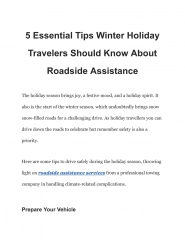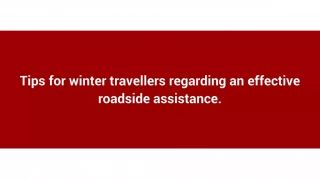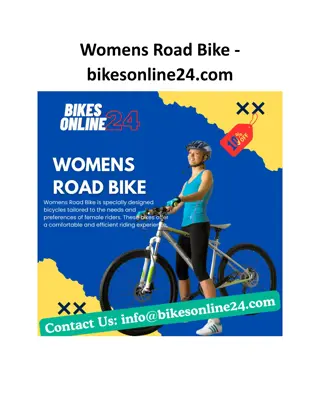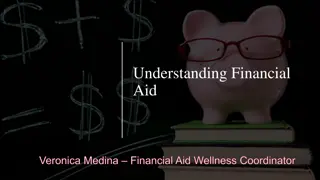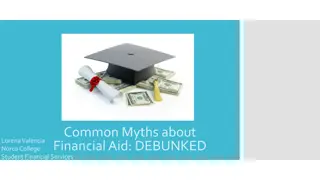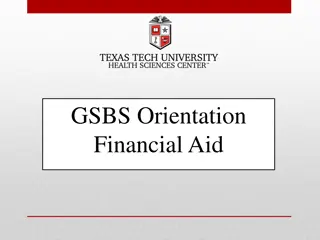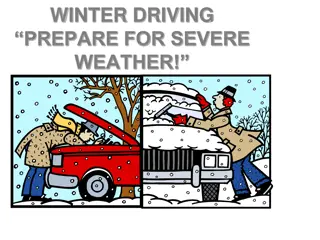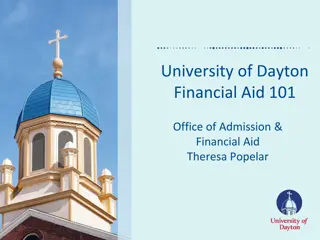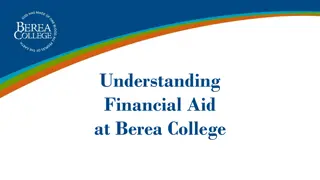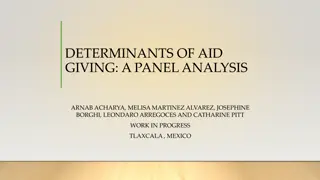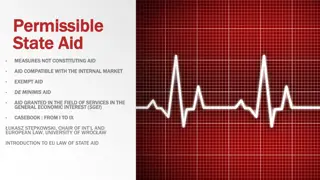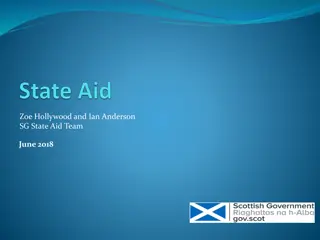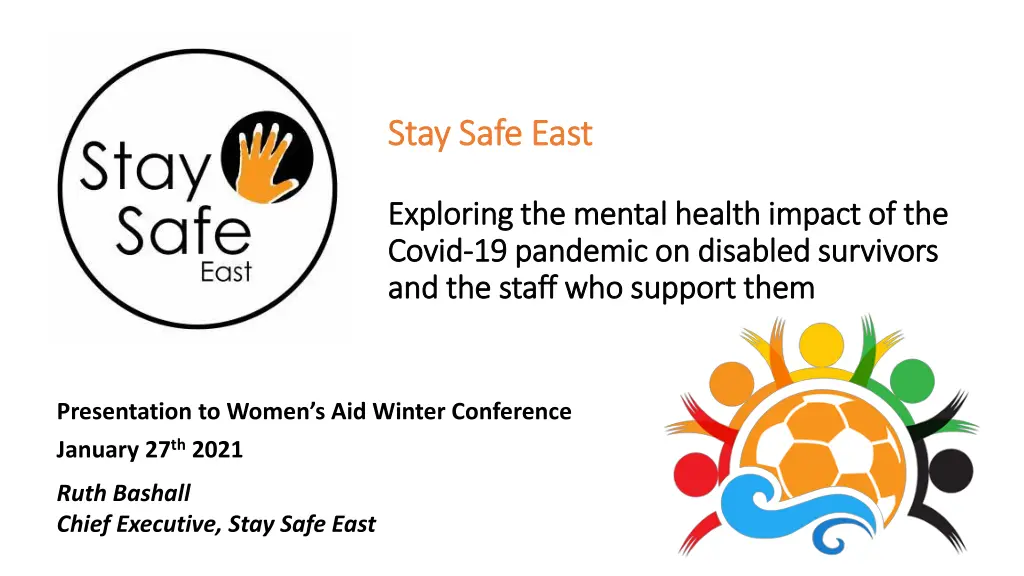
Impact of Covid-19 on Disabled Survivors and Support Staff
Explore the mental health impact of the Covid-19 pandemic on disabled survivors and the staff who support them. Learn about the challenges faced by disabled women, institutional inequality, and the rise in hate crimes during the pandemic. Stay Safe East, a user-led service for disabled survivors, shares insights and experiences.
Uploaded on | 2 Views
Download Presentation

Please find below an Image/Link to download the presentation.
The content on the website is provided AS IS for your information and personal use only. It may not be sold, licensed, or shared on other websites without obtaining consent from the author. If you encounter any issues during the download, it is possible that the publisher has removed the file from their server.
You are allowed to download the files provided on this website for personal or commercial use, subject to the condition that they are used lawfully. All files are the property of their respective owners.
The content on the website is provided AS IS for your information and personal use only. It may not be sold, licensed, or shared on other websites without obtaining consent from the author.
E N D
Presentation Transcript
Stay Safe East Stay Safe East Exploring the mental health impact of the Exploring the mental health impact of the Covid Covid- -19 pandemic on 19 pandemic on disabled survivors and the staff who support them and the staff who support them disabled survivors Presentation to Women s Aid Winter Conference January 27th2021 Ruth Bashall Chief Executive, Stay Safe East
Stay Safe East Stay Safe East One of only two by and for user-led service for Deaf and disabled survivors of abuse in the UK For disabled survivors of domestic and sexual abuse, hate crime, abuse in institutional care and abuse by paid/unpaid carers Holistic, long term and accessible advocacy for disabled survivors in London; 95% of our DV clients are women, 70% of our other clients Peer support via our women s group All our staff and volunteers are disabled people, 92% are women or non- binary; all our Board are disabled people Policy and change: working to make national policies and strategies on violence against women and girls more inclusive of disabled survivors E-mail: enquiries@staysafe-east.org.uk Website: www.staysafe-east.org.uk Tel: 07587 134 122 Twitter: @staysafeeast
The context The context Institutionalised inequality, disabled women are poorer, have less access to life opportunities, face daily discrimination and exclusion Marginalisation of disabled women and denial of our intersectional identities Higher rates of domestic abuse and other forms of VAWG against disabled women Disabled women less likely to seek help and access support, refuges due to lack of information, barriers and discrimination Violence happens in the context of a wider power structure which marginalises disabled women and at times denies our very existence.
Under attack: disabled women and Covid Covid is killing us: over half of all UK deaths were disabled people (we are 20% of UK population) Disabled women under 65 are x 11 more likely to die; there is no intersectional data on BAME disabled women and COVID; people with a learning disability aged 18-34 are 30 times more likely to die. Human rights abuses do our lives have value? Deaths in care homes; unlawful Do Not Resuscitate agreements ; medical treatment decisions; threats by abusers of they ll put you in a home experienced by survivors during Covid as death threats More disabled women are seeing their children removed by the courts Rise in hate crime: Blaming of vulnerable people for lockdown; perception of privileged access to vaccines; racist and disablist attacks on exempt non-mask wearers, spitting, neighbour hate crime, on-line abuse. Stay Safe East has lost two clients to Covid, both physically disabled women who relied on care agencies. Social care users and staff are the less visible victims of this pandemic Disabled women are experiencing this as an attack on our right to be in this world. This includes our clients, staff and volunteers
Exacerbating existing inequalities Exacerbating existing inequalities Isolation and denial of services impact on mental health Out of sight, out of mind Self-isolation, shielding, lockdown, hostility and cuts to services have virtually removed disabled people from the public sphere impacting directly on women wanting to leave Lockdown and the suspension of the Care Act leaves survivors dependent on family/partner carers and no oversight of agencies; Mental Health and adult social care offering no home visits and very limited remote support but care charges due to rise in April! Women in residential care have seen their freedom of movement removed Increase in abuse against disabled women but no disaggregated data A significant number of our clients who previously thought about suicide have attempted it Poverty and access to food, shelter and heat Disabled women s poverty means poorer physical and mental health Basic access to cheap food is limited if women can t safely go out; supermarkets charge for deliveries. Heating costs have risen, with a choice between eating and keeping warm Women with children and those living alone most impacted
Our aim is to hold our clients until they dont need us Safe presence and touch is part of healing -hugs, holding someone s hand, being in the room, listening Many of our clients rely on non-verbal communication Current contact limited to phone and What s App and (until recently) door-step contact if essential Safety and well-being checks more difficult without face to face contact Digital poverty excludes many survivors from using What s App and Zoom so phone contact only Impact on staff of working from home, multiple bereavements and fear for own survival But we are resilient and resourceful Supporting disabled Supporting disabled survivors survivors
Stay Safe East: supporting disabled clients Stay Safe East: supporting disabled clients Holistic advocacy on all areas of need: safety, income, housing etc In depth knowledge of our client s access & communication needs Accessible guidance and facts about Covid Weekly (or more if needed) volunteer/staff calls to those most at risk of self-harm and suicide Weekly check that clients have food, heat, meds, mobile top-ups etc A large budget for extra phone data, emergency top-ups for gas, electric, food for those who can t use food banks, extra support for clients with No Recourse to Public Funds, help with other costs An expanded counselling service by phone/What s App (flexible to allow for clients cancelling due to ill health/no phone data etc) Maximising clients benefits and protecting them against DWP demands; small grants applications for essential items Interventions to uphold the human rights of clients in residential care
Supporting disabled staff and volunteers Supporting disabled staff and volunteers We need to be honest with each other about the impact of trauma and how difficult this is Clear and relevant information about Covid An engaged and supportive Board Weekly team meetings, sharing casework; What s App group (and fun group) , encouraging one-to- one (remote) staff contact Increased manager contact and supervision Counselling and coaching Support to apply to Access to Work for extra equipment for home working Flexible working (including switching off for two hours and going for a walk, working around children at home etc) Extended bereavement and compassionate leave Home heating allowance Linking in to other VAWG and disability networks Solidarity and mutual support
Some resources For an extensive list of resources for disabled people https://www.inclusionlondon.org.uk/disability-in-london/coronavirus-updates-and- information/delivering-advice-services/ Sign Health for Deaf survivors (London and South East only) https://signhealth.org.uk/for-professionals/domestic-abuse-service/ Respond for people with learning disabilities/difficulties who are survivors of abuse https://respond.org.uk/ Stay Safe East (London only) enquiries@staysafe-east.org.uk T: 07587 134 122 www.staysafe-east.org.uk : staysafeeast : @staysafeeast


